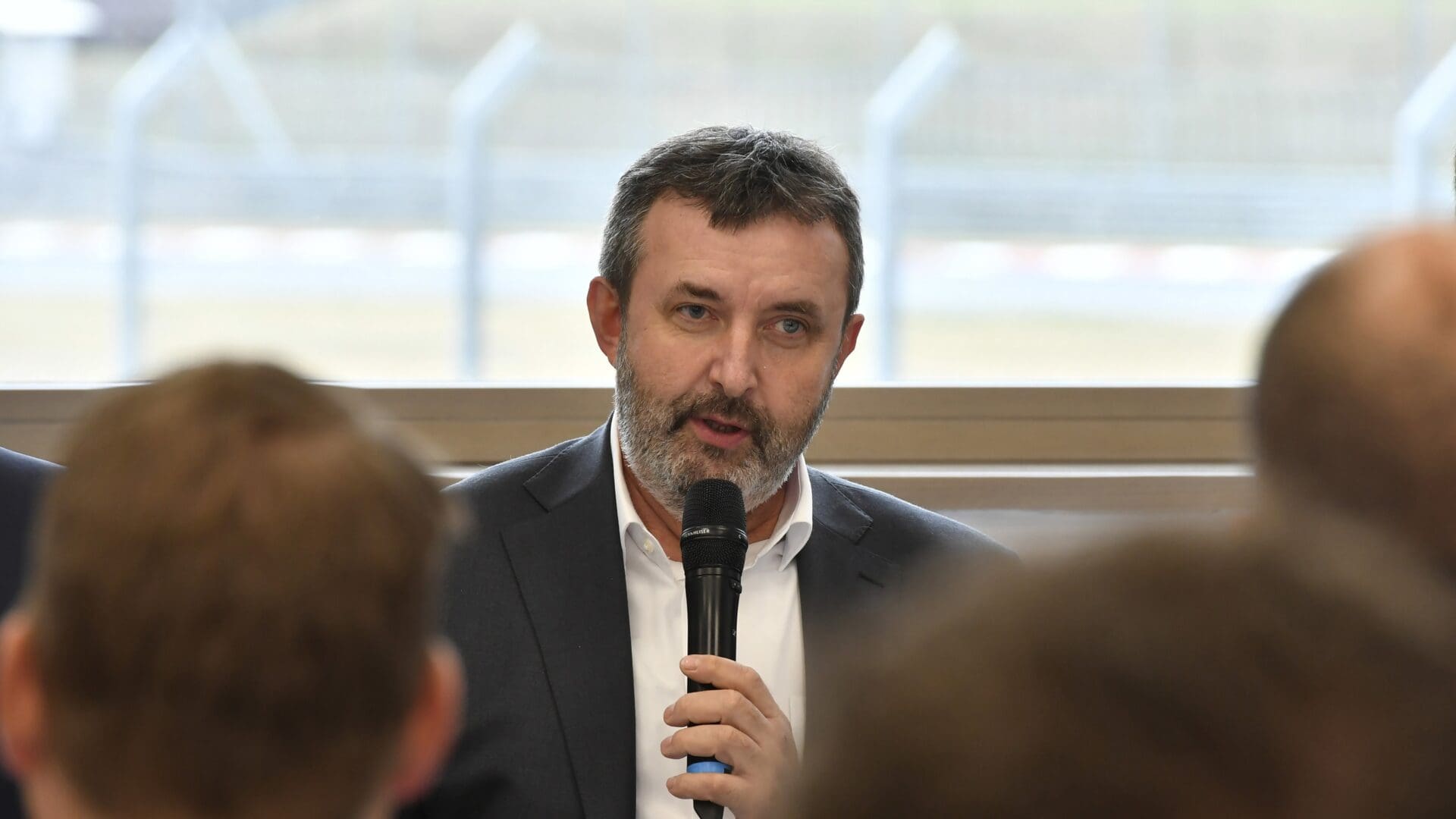In an interview on M1 on Thursday morning, László Palkovics, the leader of the Energia21 (Energy 21) Initiative, stated that the government supports the transition to green transport and mobility in legal, political, and financial terms as well. He highlighted the decision made in 2019, whereby cities with a population exceeding 25,000 are eligible for support only when acquiring locally emission-free buses. Recognizing the limitations of electric buses for inter-city travel due to their range, the government encourages the purchase of environmentally friendly vehicles that are more eco-conscious than their predecessors as well as businesses planning to procure hydrogen-powered trucks for operational use.
Palkovics emphasized that approximately 20 per cent of Hungary’s energy mix is consumed in the transport sector, primarily relying on fossil fuels. This dependence poses a considerable challenge to transitioning towards sustainable, domestically producible energy sources that are less burdensome on the environment. While decisions regarding the energy system can be influenced domestically, the automotive sector is subjected to external factors, as vehicles are not manufactured by the state but by the industry.
Addressing the transition towards electric cars in Europe by 2035, Palkovics pointed out that it raises serious concerns regarding sustainability. He mentioned ongoing developments, including that environmental legislation is needed for vehicles running on non-fossil fuels to be placed in service. Palkovics proposed the possibility of the continued existence of internal combustion engines powered by green-produced hydrogen or synthetic fuels composed of green components.
Regarding hydrogen-powered vehicles, he highlighted their longstanding presence, citing examples from the Munich airport 15 years ago. Although technological advancements in this field were initially hindered, there is now a resurgence due to legislative encouragement for the industry to engage in these innovations. Palkovics noted that technology now allows the use of hydrogen in internal combustion engines without significant drawbacks.
At the same time, he acknowledged the complexity of using hydrogen, emphasizing the need for a charging infrastructure. Currently, there are plans to build hydrogen stations in Győr, Budapest, and Debrecen. Palkovics also outlined recommendations for car users, suggesting the application of synthetic fuels and regular maintenance to address the challenges posed by the vast number of internal combustion engine-equipped vehicles worldwide.
In conclusion, Palkovics stressed that individuals can contribute to environmental sustainability by reconsidering their transport choices, opting for eco-friendly alternatives whenever possible. He addressed concerns about resistance related to building battery factories, assuring that safety regulations will be akin to those in Germany. He dismissed fears as ‘political hysteria,’ asserting that if Germany finds the regulations suitable, Hungary will follow suit. Palkovics attributed any reluctance to an economic rather than an environmental decision, noting that the influx of battery factories to Hungary is driven by economic considerations.
Related articles:
Sources: Hungarian Conservative/M1/MTI








